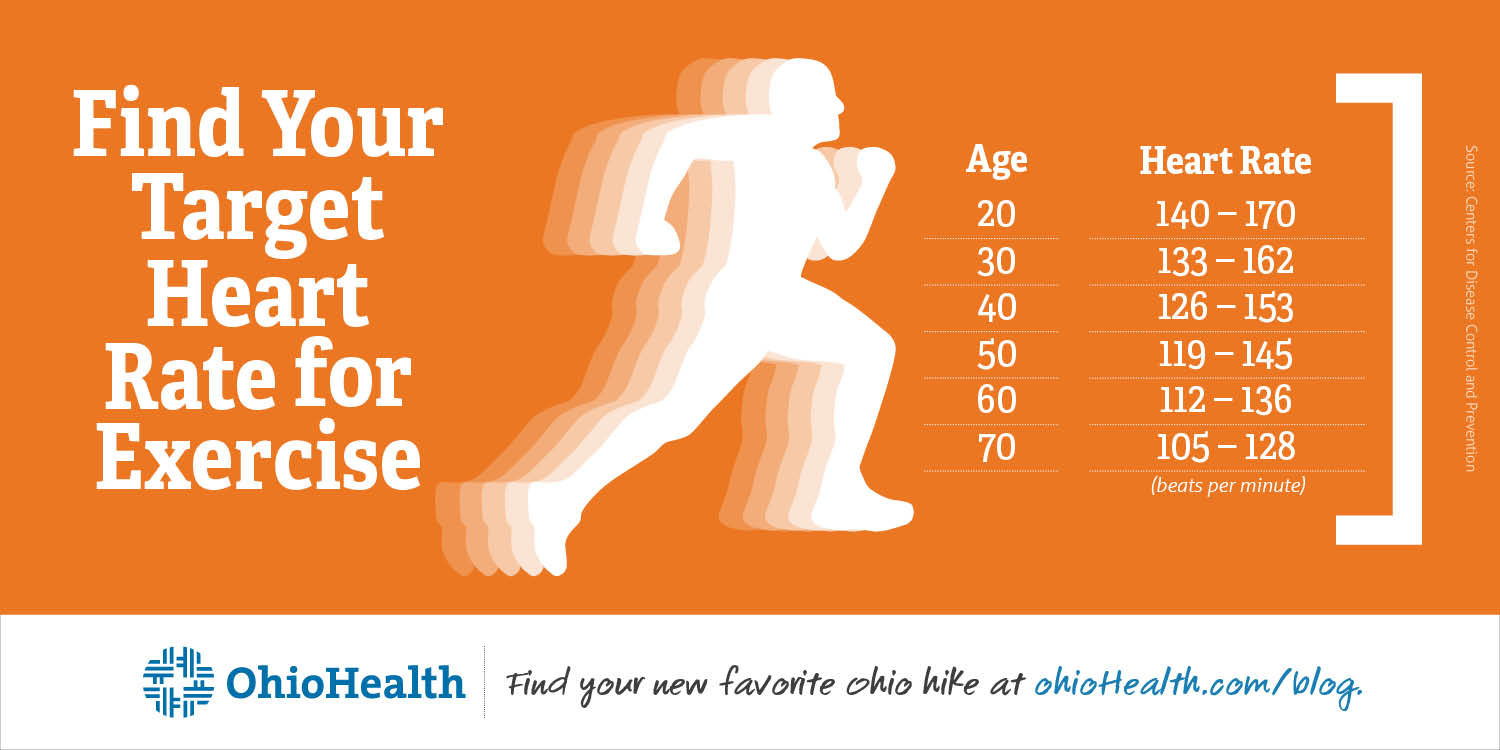
Lloyd-Jones DM, Braun LT, Ndumele CE, Smith SC Jr, Sperling LS, Virani SS, Blumenthal RS. 2013 ACC/AHA guideline on the assessment of cardiovascular risk: a report of the American College of Cardiology/American Heart Association Task Force on Practice Guidelines. Goff DC Jr, Lloyd-Jones DM, Bennett G, Coady S, D'Agostino RB, Gibbons R, Greenland P, Lackland DT, Levy D, O'Donnell CJ, Robinson JG, Schwartz JS, Shero ST, Smith SC Jr, Sorlie P, Stone NJ, Wilson PW, Jordan HS, Nevo L, Wnek J, Anderson JL, Halperin JL, Albert NM, Bozkurt B, Brindis RG, Curtis LH, DeMets D, Hochman JS, Kovacs RJ, Ohman EM, Pressler SJ, Sellke FW, Shen WK, Smith SC Jr, Tomaselli GF American College of Cardiology/American Heart Association Task Force on Practice Guidelines. Is cardiovascular disease the same as heart disease or coronary artery disease. ClinCalc LLC c2021 ASCVD Risk Calculator. Department of Health and Human Services Heart Disease: Know Your Risk for Heart Disease. Centers for Disease Control and Prevention. Department of Health and Human Services Heart Disease. Dallas (TX): American Heart Association Inc. Risk assessment calculator accurately predicts heart attacks, strokes 2014 Apr 1. New guidelines help doctors assess severity of heart valve disease 2014 Mar 3. New Risk Assessment Tool May Better Predict Dynamic Risk of Heart Disease 2016 Nov 4. Washington D.C.: American College of Cardiology Foundation c2021. If you have questions about your results, talk to your health care provider. But aspirin therapy has some risks and is only recommended for people with certain risk factors for heart disease. Many people with coronary artery disease (CAD) are treated with aspirin. Blood thinners, such as aspirin, which can help prevent heart attacks and strokes. Blood pressure medicines, also called antihypertensives. If you are at a high risk of heart disease, your provider may also recommend medicines such as: These may include eating a healthy diet, getting regular exercise, and quitting smoking. But you can take steps to lower your risk for factors you can control. Some risk factors, such as age and family history, can't be controlled. If your percentage is high, your doctor may recommend steps to lower your risk. A higher percentage means you have a greater risk. A lower percentage means you have less risk of developing heart disease within the next 10 years. Your results will be given as a percentage. Your answers will be compared with patient data from these studies. Heart disease risk assessment results are calculated based on data from clinical studies on heart disease. Other names: cardiovascular disease assessment, CVD risk factors assessment, heart disease risk calculator, ASCVD risk calculator Even if you feel healthy now, the assessment can show if you need to take steps to prevent or reduce your chances of developing heart disease later. It then calculates your risk of developing heart disease in the future. #HEART HEALTH CALCULATOR SERIES#
Heart disease is a type of CVD, which is a group of diseases of the heart and blood vessels.Ī heart disease risk assessment includes a series of questions about certain risk factors, including age, family history, and lifestyle habits such as diet and exercise. Heart disease is the leading cause of death in the United States.Ī heart disease risk assessment, also known as a cardiovascular disease (CVD) risk assessment, is a type of screening tool that measures your risk of heart disease or CVD. Other types include stroke and heart failure.

The most common type is coronary artery disease, which can lead to a heart attack.

Heart disease is a general term that refers to several types of heart conditions.






 0 kommentar(er)
0 kommentar(er)
